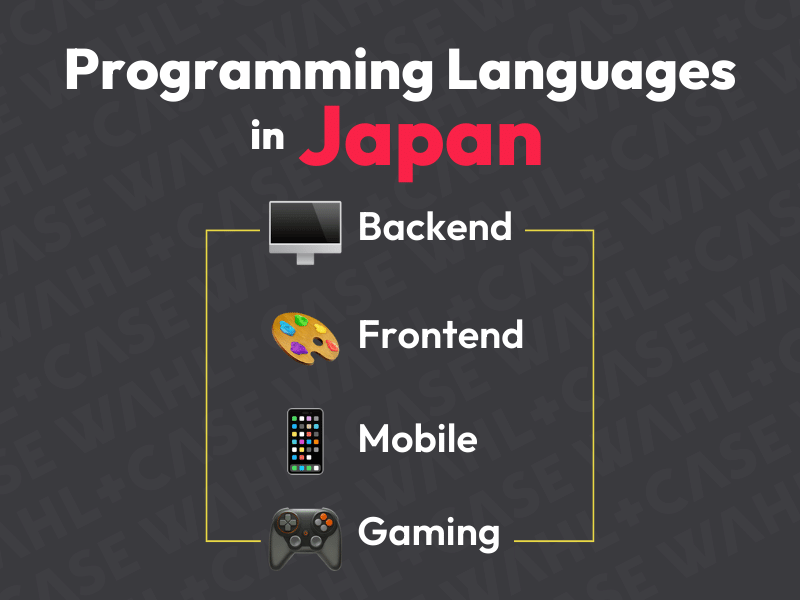Product Owner - Position Explained
Are you considering a career as a Product Owner?
Already working in product management and want to expand your skillset?
In this article, I will cover everything you need to know about being a Product Owner, what it is, what they do, and the skills you need to land a Product Owner job.
At Wahl+Case, we have helped hundreds of people land jobs at some of the biggest names in Tech. So, if you're ready to learn all about being a Product Owner, keep reading!
What is a Product Owner?
As a Product Owner, your main responsibility is to define product requirements, prioritize features, and work closely with development teams to ensure the product meets business objectives.
Your day-to-day tasks will involve:
Gathering and defining product requirements from stakeholders.
Prioritizing features based on business value and user needs.
Collaborating with development teams to ensure features are implemented as envisioned.
Reviewing product iterations and providing feedback.
Engaging with users to gather feedback and continuously improve the product.
Requirements for a Product Owner
To excel as a Product Owner, you need a mix of technical and soft skills.
Technical Skills
Understanding of the product domain.
Familiarity with agile methodologies.
Ability to create user stories and acceptance criteria.
Basic understanding of software development processes.
Soft Skills
Communication: As a Product Owner, you'll often collaborate with different teams, so you need strong communication skills to effectively convey your ideas and requirements.
Problem-solving: Being able to approach complex problems and find the most efficient solution is an essential skill.
Critical thinking: You must critically assess product features, question assumptions, and draw valid conclusions based on user feedback.
Attention to detail: Ensuring accuracy in your product requirements and user stories is vital.
Career Progression
As a Product Owner, you can progress your career in multiple directions.
Here are some potential career paths:
Senior Product Owner: With more experience, you can move up to a senior product owner role, where you will tackle more complex products and mentor junior product owners.
Product Manager: In this role, you'll be responsible for the overall product strategy and vision.
Business Analyst: If you're interested in diving deeper into data and analytics, this role might be a fit for you.
Becoming a Product Owner
Follow these steps to set yourself on the path to success:
Education: A background in business or technology can be beneficial.
Gain experience: Start in roles like business analyst or junior product manager.
Develop your technical skills: Familiarize yourself with tools like JIRA or Trello.
Improve your soft skills: Focus on communication and collaboration.
Earn certifications: Consider certifications like Certified Scrum Product Owner (CSPO).
Network and stay up to date: Join product management communities and attend workshops.
Alternative Titles
Product Owners can have different titles depending on the company or industry.
Here are a few of the alternative titles you will encounter:
Agile Product Owner
Product Lead
Product Champion
While these titles may vary, the core responsibilities often remain similar across these roles.
FAQ
Q: What is the difference between a Product Owner and a Product Manager?
A: While both roles focus on the product, a Product Owner is more involved in the day-to-day details and working with development teams, while a Product Manager focuses on the overall product strategy and vision.
Q: What industries do Product Owners work in?
A: Product Owners can work in various industries, including tech, finance, healthcare, and more. Any industry that develops products can benefit from the skills of a Product Owner.
Q: Do I need a certification to become a Product Owner?
A: While a certification is not always required, having a certification like CSPO can certainly help you stand out in the job market and demonstrate your expertise.
Q: How do I stay up to date with the latest product management techniques and trends?
A: You can follow industry blogs, attend conferences, participate in online communities, or complete relevant training and certification courses to stay current with the latest developments in the field.
Q: Does this sound exciting to you?
A: Message us using this link to find out what Product Owner Positions are available in Japan!


























